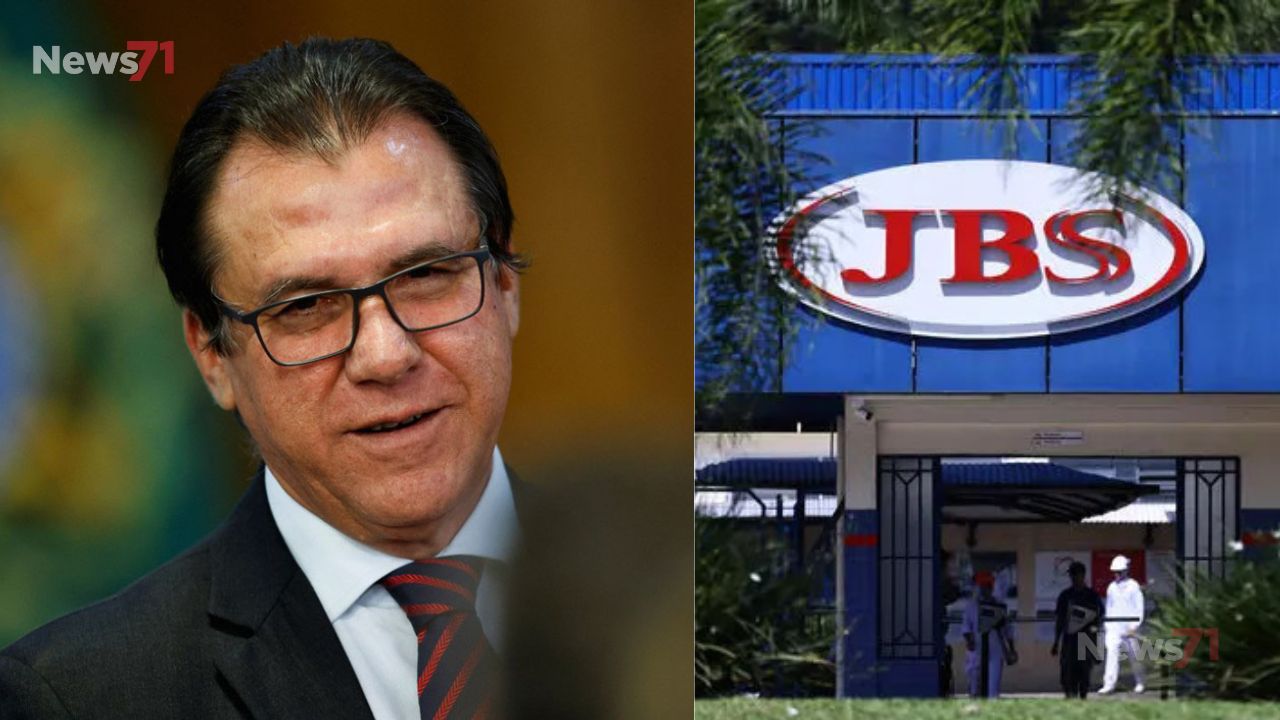Brazil Minister, Luiz Marinho, has unexpectedly intervened in an ongoing investigation involving JBS SA, one of the world’s largest meatpacking companies, over allegations of subjecting workers to slavery-like conditions. This intervention, seen as highly unusual, has sparked concerns among labor inspectors and legal experts, with many fearing that political influence could undermine Brazil’s long-standing efforts to combat modern slavery.
The investigation dates back to a federal raid last year, where ten workers were discovered in deplorable working conditions at a contractor hired by JBS Aves, a poultry division of JBS, in Rio Grande do Sul. Inspectors found that the workers were forced to work illegal 16-hour shifts and were housed without access to clean drinking water. Additionally, the contractor had made unlawful wage deductions, effectively trapping the workers in their jobs.
In response to the findings, the contractor terminated its contract with JBS Aves and issued a statement expressing a commitment to zero tolerance for labor and human rights violations. However, labor inspectors ruled that JBS was ultimately responsible for the workers’ conditions due to its failure to ensure that its contractors were complying with labor laws.
Under normal circumstances, this ruling would result in JBS Aves being added to Brazil’s “dirty list”a public registry of companies found guilty of exploiting workers in slavery like conditions. Being placed on this list carries severe consequences, including reputational damage, a two-year ban from accessing certain loans from Brazilian banks, and potential long-term financial losses. The list is set to be updated in October, and the case has drawn significant attention.
Brazil Minister Intervenes in JBS Slave Labor Investigation, Raising Concerns

However, Minister Marinho’s intervention has disrupted the standard process. The minister decided to personally review the case, raising questions about the political motivations behind such a decision. Brazil’s Solicitor General’s office (AGU) noted that JBS’s importance in the Brazilian economy justified the minister’s involvement, claiming that the impact of adding JBS to the “dirty list” would have substantial repercussions on the company’s assets, commercial relationships, and its public image.
JBS, with around 158,000 employees in Brazil, is one of the country’s largest employers. Its Seara division, which operates JBS Aves, reported net revenues of $2.2 billion in a recent quarter, contributing to about 10% of the company’s total revenue. Given the company’s massive size and influence, including JBS Aves on the “dirty list” would have far-reaching effects, not only on the company but also on Brazil’s broader economic sector.
Labor experts have expressed deep concern about this unprecedented intervention. Renato Barbedo Futuro, president of the association of federal labor inspectors in Rio Grande do Sul, criticized the move, stating that it caused “deep bewilderment and concern” among those who have been working on slave labor cases for years. Livia Miraglia, a labor law professor at the Federal University of Minas Gerais, also voiced her concerns, calling the minister’s intervention a dangerous precedent. She warned that this could encourage other companies to seek political intervention in future cases of labor exploitation, ultimately weakening the country’s ability to enforce labor rights effectively. Brazil Minister
Although the Labor Ministry has not provided specific comments on the intervention, it has stated that the investigation is ongoing, and JBS’s appeal is still under review. The outcome of this case could set a significant precedent for future investigations into modern-day slavery in Brazil, and it will be crucial for the country to maintain its commitment to fairness, transparency, and accountability in such matters.
As Brazil grapples with the challenge of combating labor exploitation, the intervention in the JBS case raises critical questions about the influence of political power on labor rights enforcement. Labor rights advocates, legal experts, and the general public will be closely monitoring how the government handles this issue, as it could have lasting implications for the fight against modern slavery in Brazil.






